
Help! The school wants to mix the classes around next year and my child won’t be with his friends. I am really worried about it. What advice do you have?
First of all, you have my sympathies. It is reassuring and joyful to know that our children are safely installed with their besties in a classroom setting. They will always have someone fun to play with or to borrow a pencil from; their happiness practically guaranteed! The news that children may have to mingle socially during the next academic year can be anxiety-inducing for both parents and children. Change is unsettling and the future unknown. We can’t control what might happen, or account for how our children might respond. However, often what is best for our children is totally counterintuitive to us as loving parents. It might feel like the best thing for your child is to be with their best pals in the same setting, in the short term, but what about the longer term?
First of all, you have my sympathies. It is reassuring and joyful to know that our children are safely installed with their besties in a classroom setting. They will always have someone fun to play with or to borrow a pencil from; their happiness practically guaranteed! The news that children may have to mingle socially during the next academic year can be anxiety-inducing for both parents and children. Change is unsettling and the future unknown. We can’t control what might happen, or account for how our children might respond. However, often what is best for our children is totally counterintuitive to us as loving parents. It might feel like the best thing for your child is to be with their best pals in the same setting, in the short term, but what about the longer term?
The uncomfortable truth is that children need change to grow, and being ‘thrown in the social deep-end’ can be an enormously resilience-boosting measure.
Try to think about the situation in a different way. Your child has solidified a friendship or friendships in one class. Can they do the same in the other? By connecting and making friends with a diverse range of children, that perhaps they may not ordinarily choose to socialise with, they grow in social skills and confidence. Consider the long-term. One day, as a young adult, they may well be alone in a hall of residence or college. Perhaps they will arrive at a party or a work event and know no one. Childhood provides a training ground to get comfortable with the discomfort of having to reach out and cultivate social support when we need to. Without experiencing this, our children may not develop the social and emotional resilience required for adulthood.
By being positive about the impending classroom mix-up and teaching children that it is exciting to be given the opportunity to make new friends, we teach them that change can provide new opportunities for growth. If they are a little bit worried about making new friends, then practise those skills together! How might they initiate a chat with someone they don’t know on their first day? How can they make another child feel better because they are missing their friends? Encourage your child to lead the way in terms of bringing the new class together. Can they be an agent of change rather than a victim of it?
It should also reassure you to know that teaching staff only want what is best for children and they will have put a great deal of thought into classroom seating and friendship patterns. Let’s trust their professional knowledge and support them in their quest to provide an optimal learning and social environment for all children.
Just because change is coming, it doesn’t mean you shouldn’t emphasise all the things that will stay the same in September. Happily, your child will still see their besties in the playground at lunchtimes and can even invite new friends into their play. Playdates and the holidays also provide ample chance to invest in old friendships whilst leaving time to celebrate and develop new connections.
More Parenting Questions

Sep 18, 2025
I have a Year 5 daughter with severe food allergies. She had an incident last summer term where she ingested one of her allergens at school (incorrectly labelled ingredients) and she now has a lot of anxiety around food, and is worried that every tickle in her throat is the beginning of an allergic reaction. What can I do to help her?
Allergies are a constant source of anxiety for both young people suffering with them and parents/carers trying to empower their young person to manage positively. The role of the parents is complex, as there are two main responsibilities. Firstly, supporting their young person to risk assess appropriately in different environments and secondly, the harder task to help them manage the risks without overwhelming them with fear. It is a difficult, ever changing balancing act as the young person develops more independence over eating and managing their own diet.
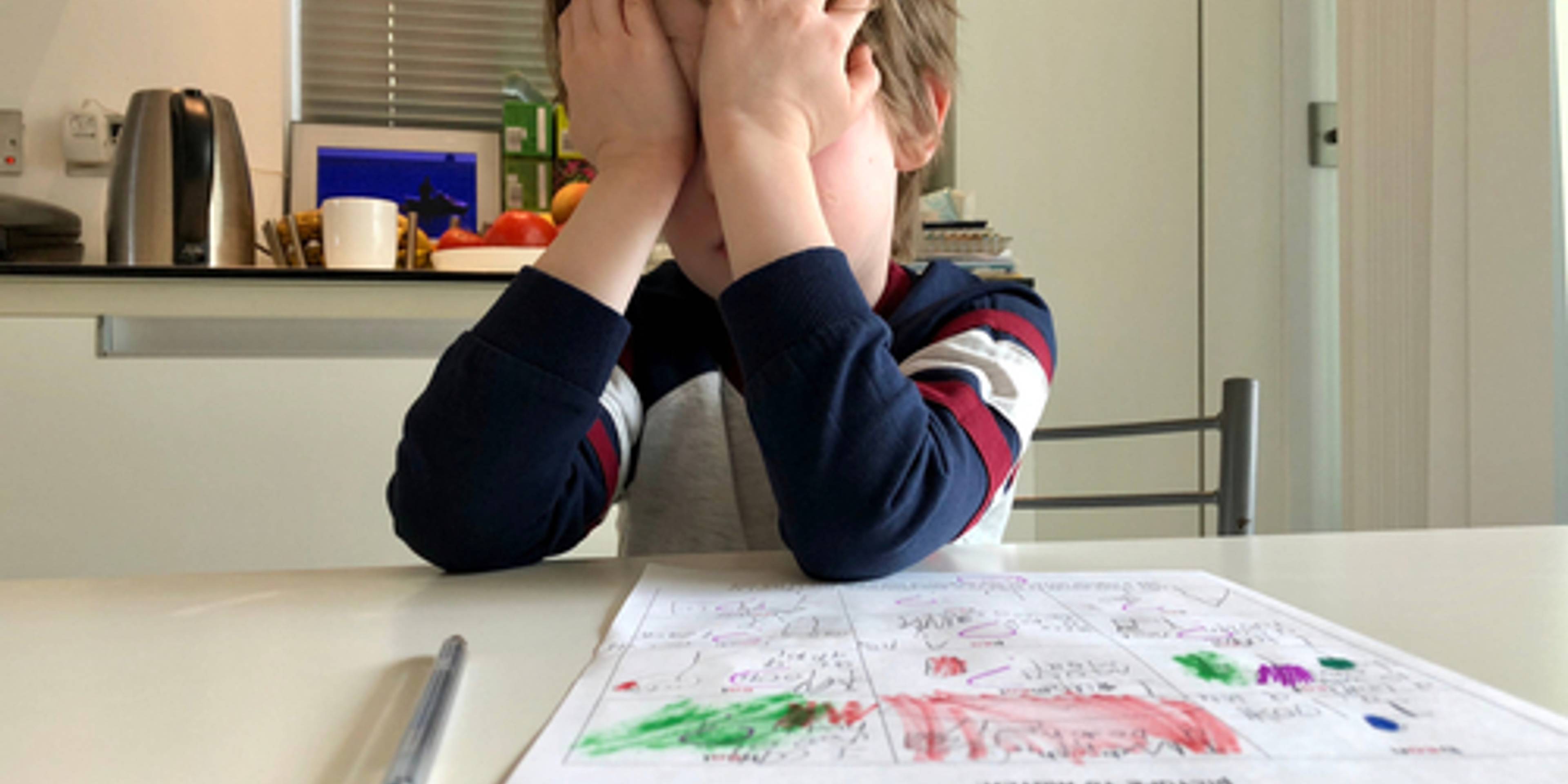
Sep 15, 2025
Help! My 5-Year-Old son struggles with low self-esteem. What can I do? He has lost his grandparent recently, could that have something to do with it?
It can feel worrying to see a young child struggle with confidence so early in life. Thank you for raising this important question. The good news is that there are many simple, everyday ways you can help to build your son’s sense of self-worth.
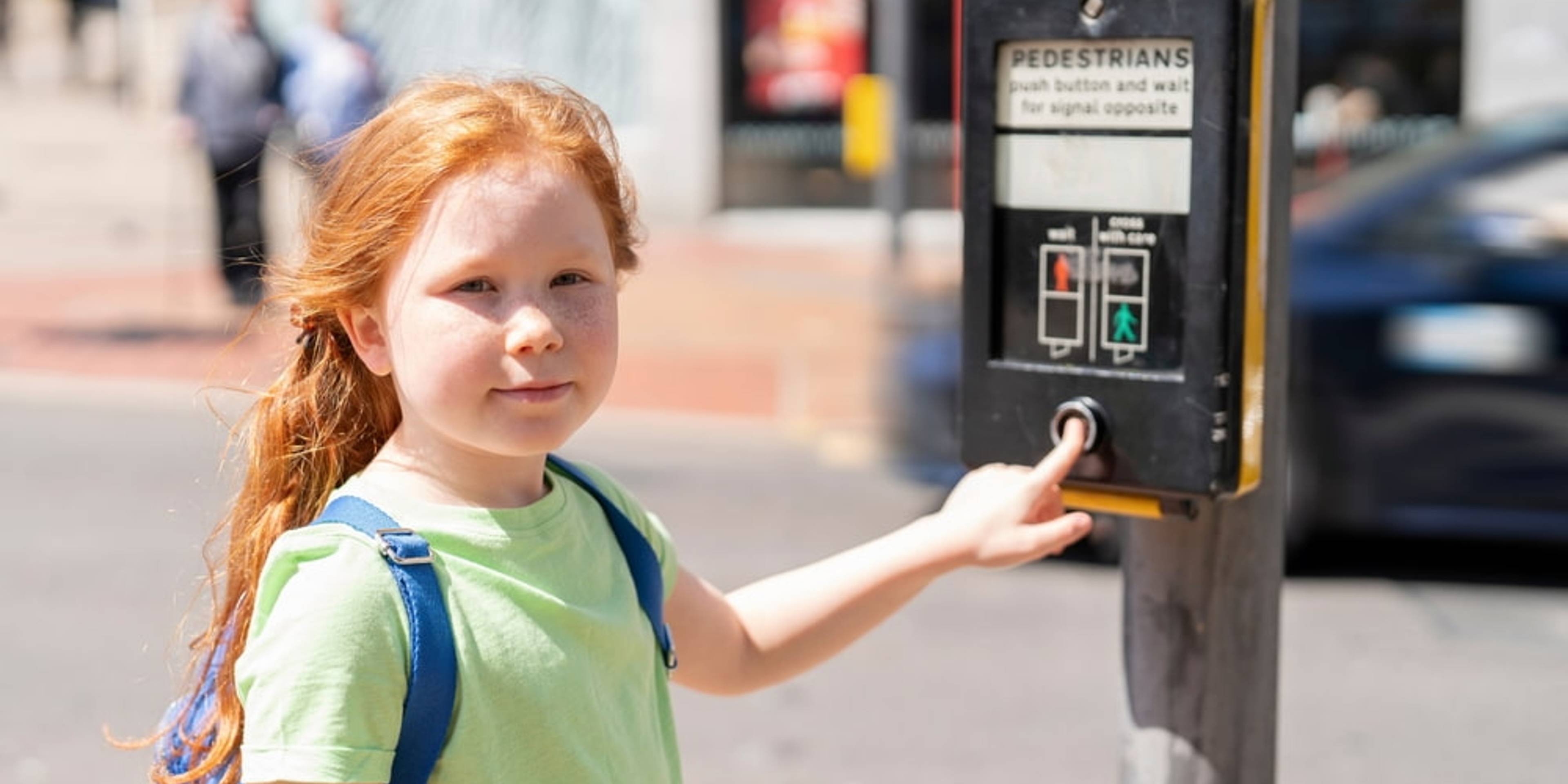
Jun 23, 2025
There was an attempted abduction locally. How can I support my child?
It might not feel like it right now, but it’s worth knowing that stranger abductions of children are extremely rare. In the UK, there are around 500–600 reports of child abduction each year, but the vast majority are attempted rather than successful, and many are later reclassified as misunderstandings, rather than genuine abductions.
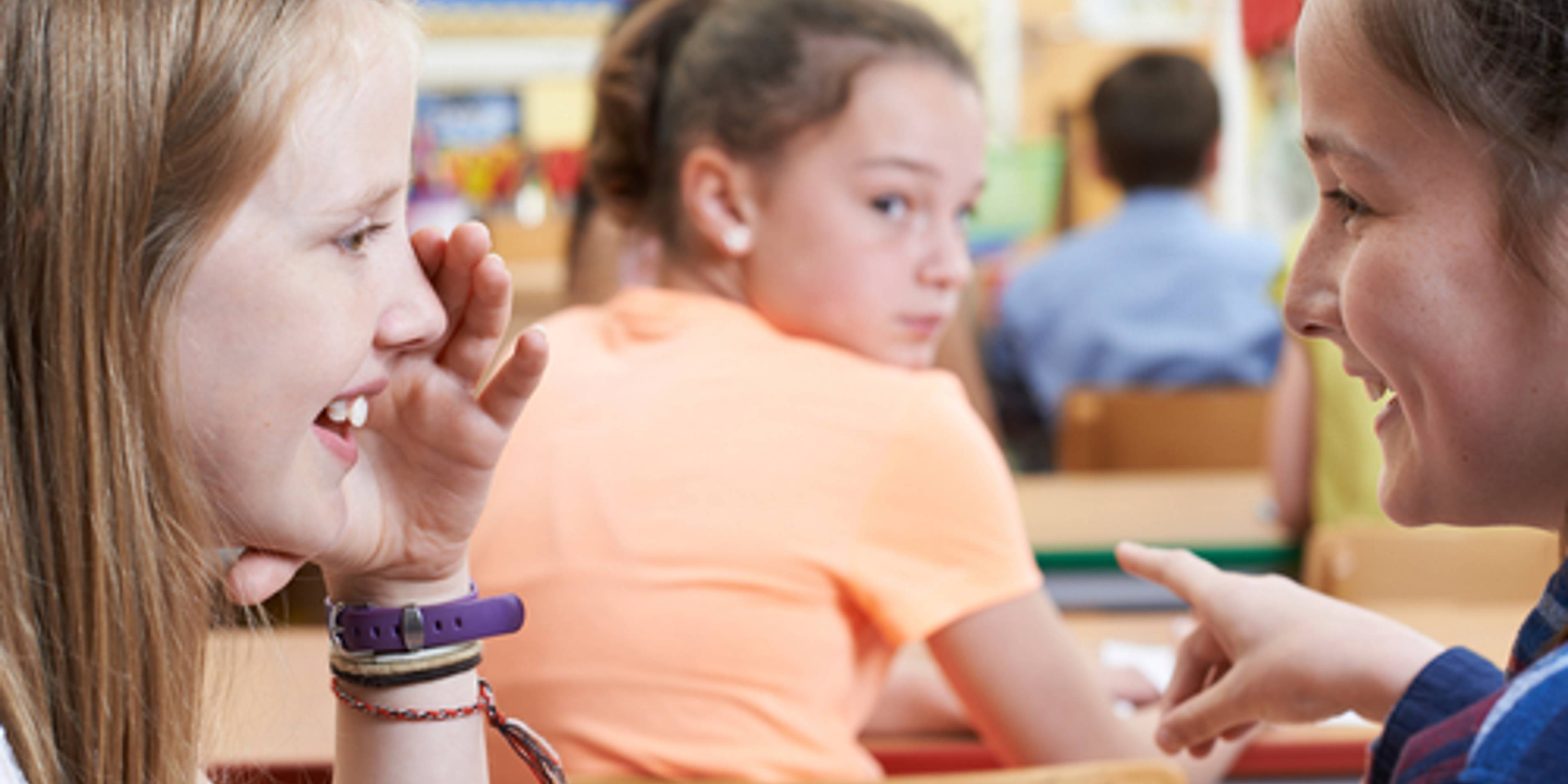
Jun 17, 2025
My daughter (aged 10) has broken up with a friend. How can I help her?
It is the hardest experience as a parent, watching our children muddle their way through friendships, knock backs, being included then excluded, invited to parties and then kept at bay. We have all been there and it can feel emotionally painful and sad.
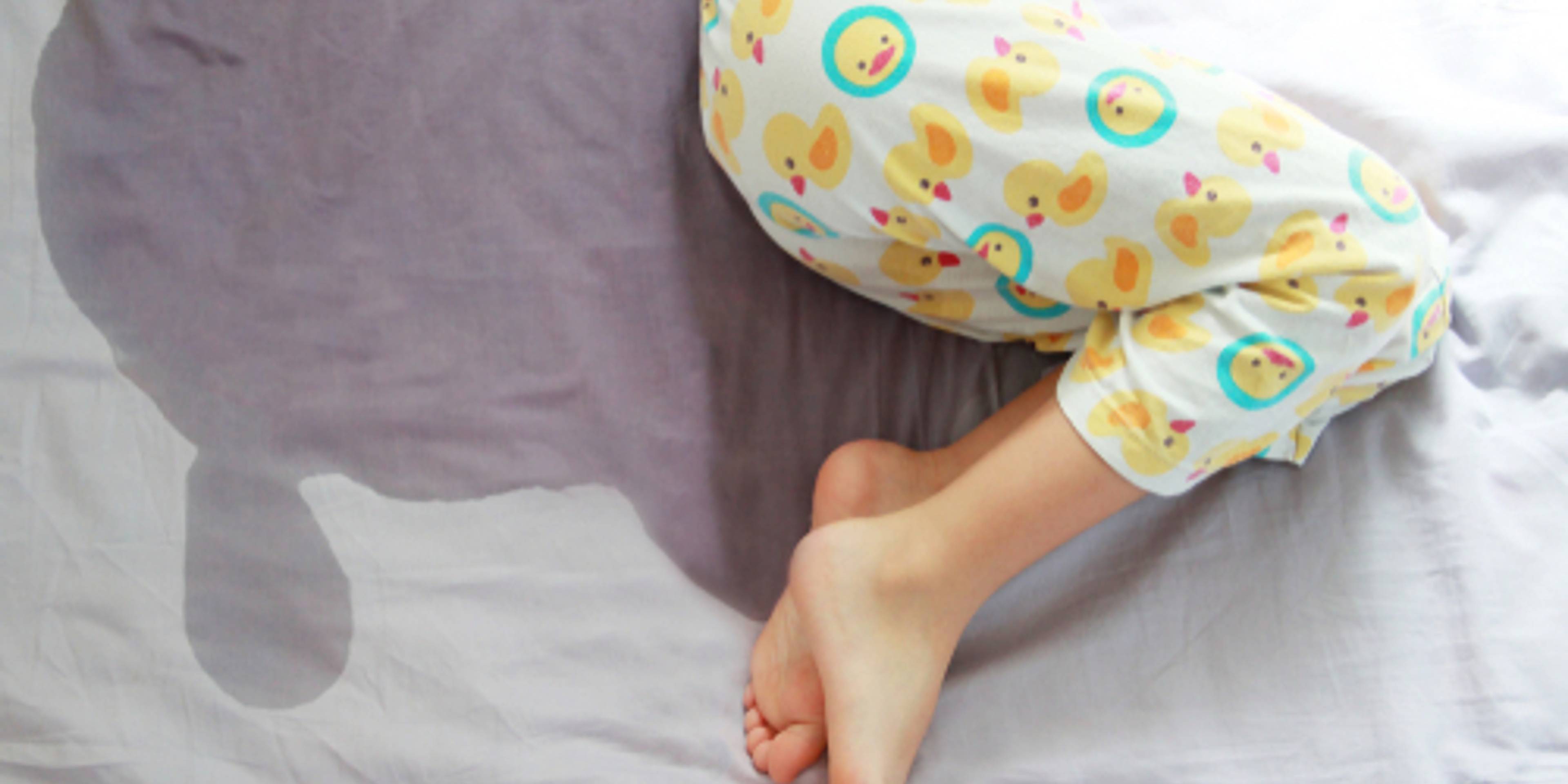
Mar 20, 2025
Help! My five year old is wetting the bed at night. What can I do?
You're not alone! Nocturnal enuresis, or bedwetting, is common in young children. We've asked paediatrician, Dr Christine Riyad, for advice.

Mar 17, 2025
My 10 year old is experiencing big emotions. Do you have any advice?
We've asked Dr Sophie Nesbitt, Consultant Child Psychologist, for her top tips.

Feb 12, 2025
Is it ok for my four year old to still use a dummy?
It's completely natural to feel concerned when your child continues using a pacifier or sucking their thumb beyond the toddler years. We've asked paediatrician, Dr Christine Riyad, for advice.

Dec 31, 2024
My son wants to buy his girlfriend an 18th birthday present. Help!
Give yourself a pat on the back as your teen is asking YOU for advice. It is a sign that there is good communication between you, and that he sees you as a source of knowledge! I think his question is a wonderful one. Why? Because it shows he values the relationship, recognises the importance of a milestone birthday and knows that gift-buying is not a simple activity.

Dec 18, 2024
What do we need to consider when thinking about hiring a tutor?
Private tutoring can be a great way to support your child's education, but finding the right person can also feel overwhelming. The tutoring industry is largely unregulated in the UK and so it can be challenging to know where to start or what to look for.
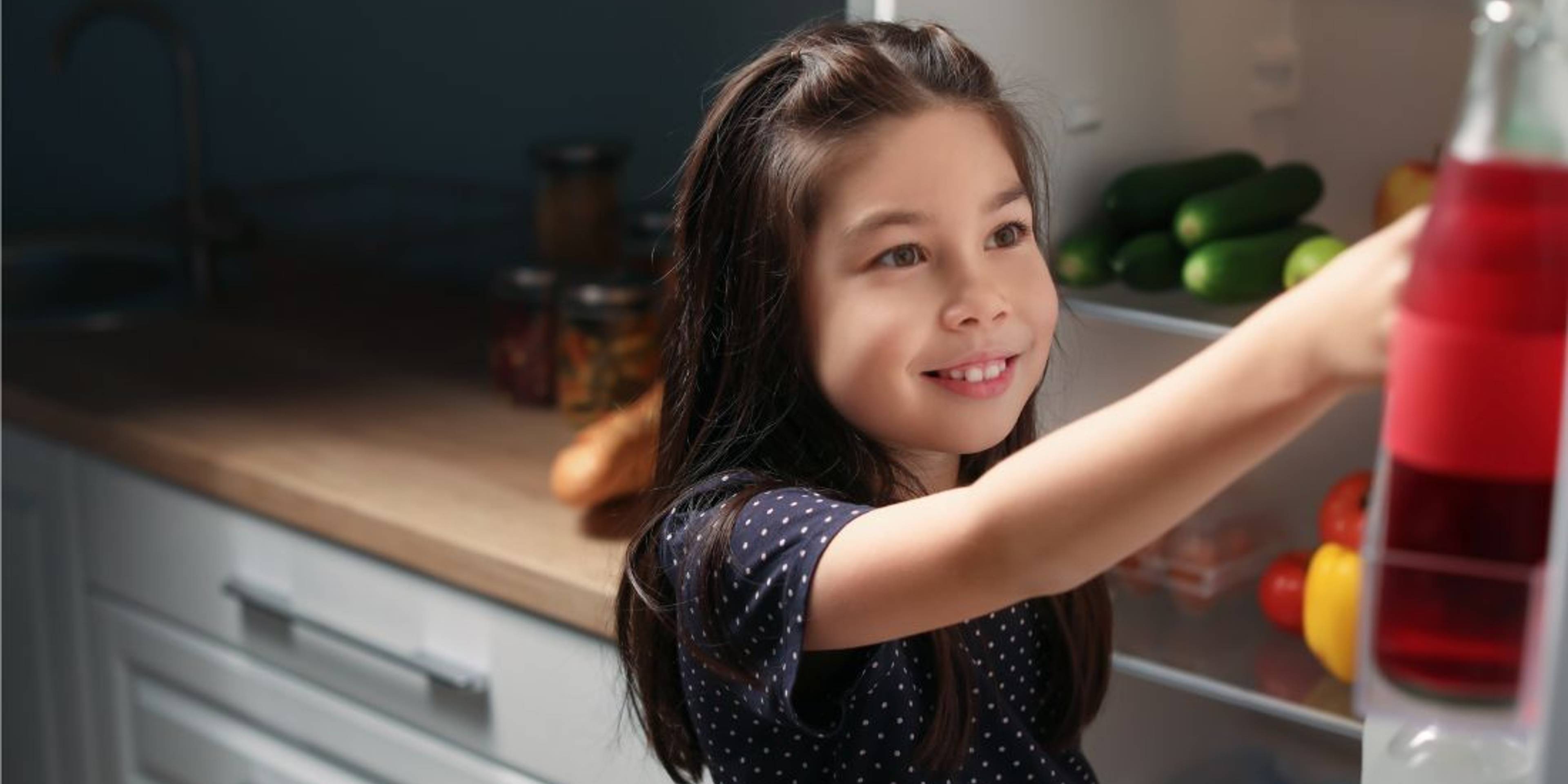
Oct 22, 2024
My 11 year old daughter is always hungry. Should I be concerned?
This is a common concern for many parents. Engaged and attentive parents are generally mindful of their child’s relationship with food. This is not surprising given the shameful narrative surrounding the idea of being overweight or obese, and the association that is often made that this is linked to neglectful parenting.